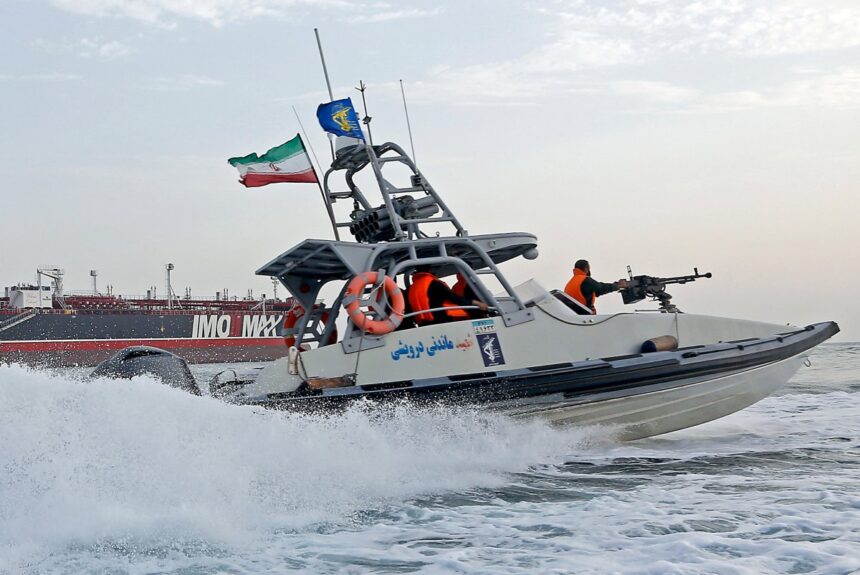The U.S. Department of Treasury has announced significant sanctions targeting Iranian financial facilitators and various entities based in Hong Kong and the United Arab Emirates for their involvement in “shadow banking” activities that support the Iranian government. These sanctions, which were announced on Tuesday, aim to disrupt financial networks that facilitate the transfer of funds in support of Iran’s military capabilities.
According to the Treasury Department, the sanctioned individuals played a key role in orchestrating monetary transactions related to Iranian oil sales, which have reportedly benefited the Islamic Revolutionary Guard Corps-Qods Force (IRGC-QF) as well as Iran’s Ministry of Defense and Armed Forces Logistics. The department emphasized the importance of curtailing these operations, which allow Iranian entities to evade existing international sanctions.
John K. Hurley, Under Secretary of the Treasury for Terrorism and Financial Intelligence, stated, “Iranian entities rely on shadow banking networks to evade sanctions and move millions through the international financial system. Under President Trump’s leadership, we will continue to disrupt these key financial streams that fund Iran’s weapons programs and malign activities in the Middle East and beyond.”
Among those sanctioned are Alireza Derakhshan and Arash Estaki Alivand, two Iranian nationals who are accused of facilitating the purchase of over $100 million worth of cryptocurrency linked to oil sales for the Iranian government between 2023 and 2025. These individuals utilized a network of front companies operating in foreign jurisdictions to carry out transactions, allowing them to circumvent traditional banking channels.
As a result of these sanctions, Derakhshan and Alivand are now designated as “blocked,” meaning all their assets within the United States will be seized. Moreover, U.S. individuals and businesses are prohibited from engaging in any dealings with them.
The announcement arrives amid tensions over Iran’s compliance with international agreements concerning its nuclear program. Earlier in August, Britain, Germany, and France notified the United Nations Security Council of their intention to initiate a 30-day process to “snapback” sanctions against Iran, citing “significant non-performance” of treaty commitments. This mechanism allows for the re-imposition of sanctions that were previously suspended under the 2015 Joint Comprehensive Plan of Action, commonly referred to as the Iran nuclear deal.
The continuing geopolitical strain and the targeted financial measures underscore the complexities of international relations in the region and the persistent efforts by the U.S. and its allies to curtail Iran’s military funding channels and maintain pressure on its government.







